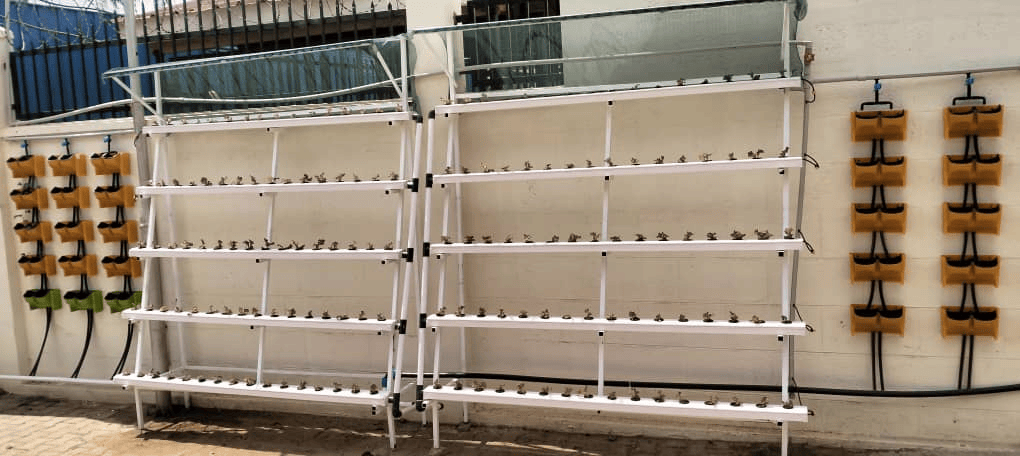Sustainability and Hydroponics in Uganda
Innovative Farming Solutions for a Greener Future
Introduction to Sustainability and Hydroponics
Sustainability is crucial for Uganda’s agricultural development, aiming to meet present food needs without compromising future generations. Hydroponics, a soil-less farming method that grows plants in nutrient-rich water, is emerging as a powerful tool to support sustainable agriculture in Uganda. It optimizes resource use, reduces environmental impact, and improves food security, especially in urban and peri-urban areas.

Why Hydroponics is Key to Sustainable Agriculture in Uganda
- Efficient Water Use: Hydroponic systems use up to 90% less water than traditional soil farming, critical in Uganda’s regions affected by water scarcity and climate variability.
- Space Optimization: Hydroponics allows for vertical farming and compact setups, ideal for Uganda’s growing urban centers where land is limited and expensive.
- Reduced Chemical Use: Controlled nutrient delivery minimizes the need for pesticides and herbicides, reducing harmful runoff into waterways.
- Faster Crop Cycles: Crops mature quicker in hydroponic systems, allowing for multiple harvests annually and boosting food production.
- Climate Resilience: Hydroponics mitigates risks posed by erratic weather patterns by growing crops in protected environments.
Hydroponics and Food Security in Uganda
Uganda faces challenges like population growth, urbanization, and changing climate that strain traditional agriculture. Hydroponics offers a sustainable alternative by:
- Increasing local vegetable production for urban dwellers.
- Reducing dependence on imported fresh produce.
- Providing employment and income-generating opportunities for youth and women.
- Supporting year-round crop production despite seasonal fluctuations.
These benefits contribute directly to improving nutrition and food availability for vulnerable communities across Uganda.
Setting Up Hydroponic Systems in Uganda
Successful hydroponic farms in Uganda require:
- Infrastructure: Greenhouses or protected structures to control temperature and humidity.
- Water Supply: Clean water sources free from contaminants.
- Growing Mediums: Inert materials like coco coir, perlite, or rockwool for supporting roots.
- Nutrient Solutions: Balanced hydroponic fertilizers tailored for local crops.
- Training and Technical Support: Capacity building for farmers on system setup, maintenance, and crop management.

Success Stories and Community Impact
Various communities and schools in Uganda have adopted hydroponics, demonstrating increased food production and income. For example, urban youth groups use hydroponic vegetable gardens to supplement their livelihoods, while schools integrate hydroponics into their curricula to teach sustainable farming practices.
The impact extends beyond food: hydroponic farms empower women and youth, reduce pressure on land resources, and promote environmental conservation.
Challenges and the Way Forward
While hydroponics presents many benefits, challenges remain in Uganda including:
- High initial capital investment for setup.
- Need for technical training and knowledge transfer.
- Access to quality inputs and equipment.
- Reliable power supply for pumps and climate control.
Overcoming these challenges requires collaboration between government, NGOs, private sector, and communities to create enabling environments through financing, training, and infrastructure support.
Conclusion
Hydroponics is a transformative farming technology for Uganda, perfectly aligned with sustainable development goals. By enabling efficient resource use, increasing food security, and promoting climate resilience, hydroponic farming offers a promising future for Ugandan agriculture.
Contact Hydroponic Farms Uganda today to learn how you can get involved or start your own sustainable hydroponic farm.